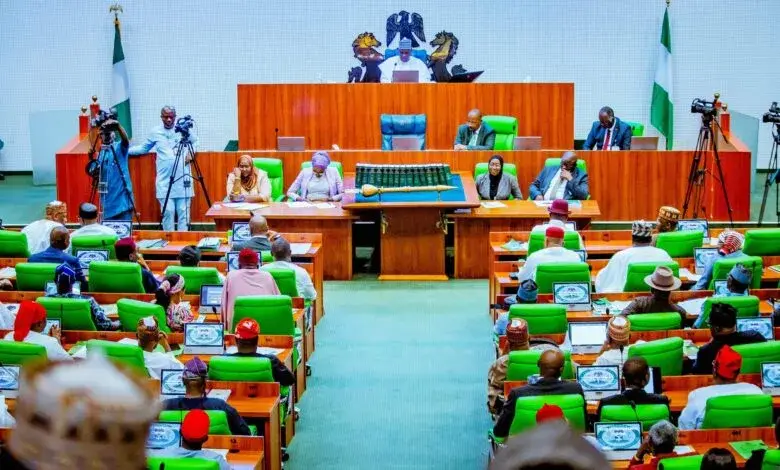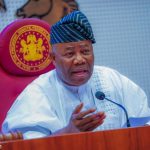
Nigeria’s Reps Reject Bill Proposing Six-Year Single Term for President, Governors, LGA Chairpersons

Nigeria’s House of Representatives rejected a bill proposing a six-year single rotational term for the offices of President, State Governors, and Local Government Chairpersons on Thursday. The bill also proposed holding all elections on the same day to reduce costs.
The proposal, sponsored by Honourable Ikeagwuonu Ugochinyere from Imo State and 33 others, sought to amend the 1999 Constitution. It called for rotational leadership across Nigeria’s six geopolitical zones. According to the bill, elections for the Presidency would alternate between the northern and southern regions every six years.
Speaker Tajudeen Abbas introduced the bill for a second reading during the plenary. Ugochinyere defended the motion, arguing that the proposed changes would promote national unity and reduce the expenses associated with the current four-year election cycle. The bill also suggested that the Independent National Electoral Commission (INEC) fix a single date for all elections in consultation with the National Assembly.
Despite these arguments, the bill received limited support. After a voice vote, most lawmakers rejectedit, with only a few saying yes. Speaker Abbas upheld the decision and finalised the bill’s rejection.
The proposed amendment also included a new subsection to Section 76 of the 1999 Constitution, which outlined that all elections into executive and legislative offices would be conducted simultaneously. Ugochinyere and his co-sponsors believed this would create a more inclusive governance system.
Since the bill was made public in June, it has sparked mixed reactions among Nigerians. Some supporters believe it would curb the desperation often linked to seeking a second term, while others argue that the proposal is an unnecessary distraction from more pressing national issues. The Conference of United Political Parties (CUPP) also weighed in, stating that Nigeria’s primary challenge is not the tenure length of political officeholders but the lack of purposeful leadership.
However, with the bill’s rejection, Nigeria’s existing four-year renewable term for elected officials remains unchanged.
Read More:
- More Debts for Nigeria as Senate Approves Tinubu’s ₦1.77 Trillion Loan Request
- Rema and Seun Kuti to Shine at Coachella 2025
- Nigeria’s National Assembly Adopts Life Imprisonment for Drug Traffickers, Offenders
About The Author
Related Articles
Ghana to Rename Kotoka International Airport
Ghana’s government is preparing to rename the country’s main international gateway, Kotoka...
ByWest Africa WeeklyFebruary 4, 2026Russia Congratulates Ibrahim Traoré on Assuming AES Presidency
Russia has congratulated Burkina Faso’s President, Captain Ibrahim Traoré, on his assumption...
ByWest Africa WeeklyFebruary 4, 2026AES Condemns Niamey Airport Attack, Warns of Coordinated Destabilisation
The Alliance of Sahel States has strongly condemned the armed attack on...
ByWest Africa WeeklyFebruary 2, 2026Mali Cedes Strategic Land to Guinea to Deepen Trade Cooperation
Mali has approved the transfer of a strategic parcel of land to...
ByWest Africa WeeklyFebruary 2, 2026












Leave a comment